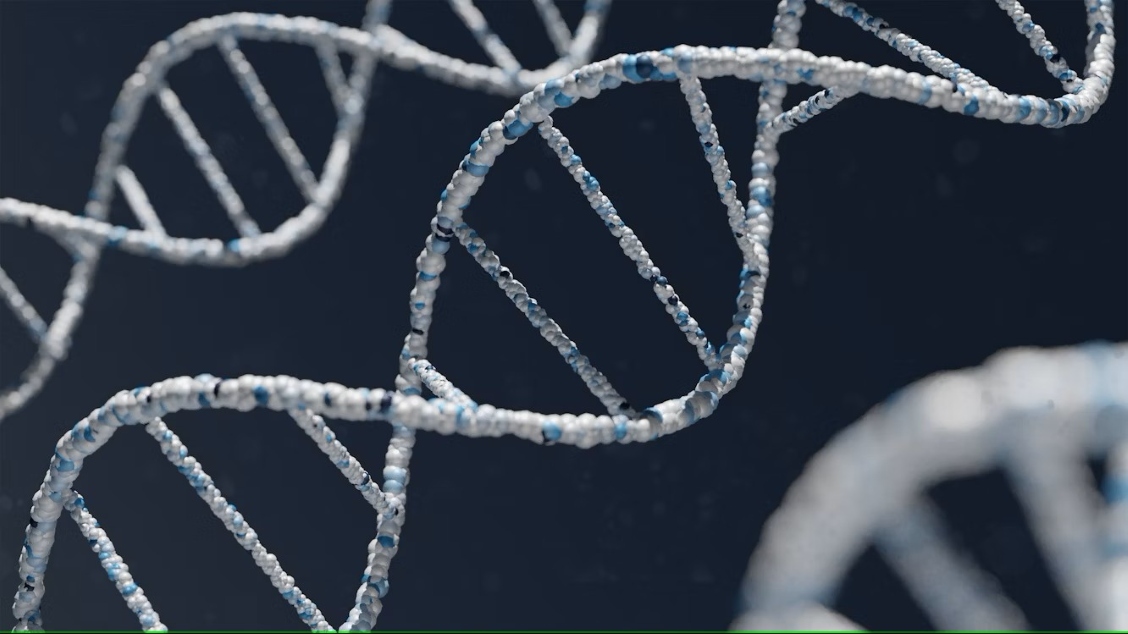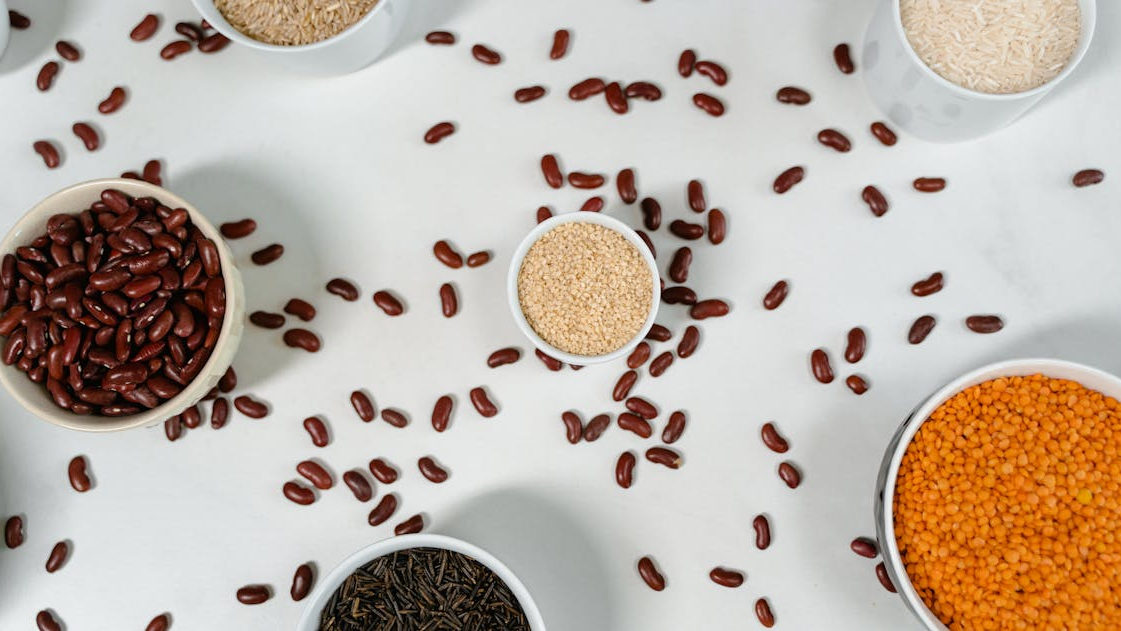
Innate Immunity and Diet
Innate immunity is a term that people may not understand.
What might surprise you is that when we talk about an immune system, we might be talking about one of two different things. In vertebrates, like us and other mammals, we have what we call the “adaptive immune response”. Sometimes, this is also called an “acquired immune response”. The second is the “innate immune response”.
I think that when most people think about the immune response of their bodies, they’re thinking about this adaptive response. This is the part of the immune system that “remembers” a pathogen to more effectively combat it in the future. It’s also the part of the immune response that is triggered when you get a vaccine.
What is the innate immune response?
The innate immune response is an alternate strategy to our adaptive immune response. It’s also the primary response in organisms like plants, insects, and fungi, for example. Generally speaking, the innate immune system does quite a few things, including:
- Using specialized white blood cells to identify and remove foreign substances from organs, tissues, etc.;
- Activating the adaptive immune system (see explanation above) by using antigens;
- Acting as a physical and chemical barrier for infectious agents. An example of this is the clotting of blood. This creates a physical barrier between the environment and the body. This first line of defense should not be confused with second-line barriers (like the blood-brain barrier, which stops unwanted material entering the brain).
Anatomical barriers
The innate immune response includes the physical barriers that exist in the body to protect it from infection.
Everything from the skin to the intestines to the eyes are part of these systems of barriers. For example, the eyes produce tears which are designed to keep the eyes moist and to help flush out anything that gets in them. The gastrointestinal tract has everything from gut flora to bile to help deal with the many different things that pass through the system. These things help to break down what the body needs, and to reject what the body doesn’t need.
Complement pathway
As noted in a recent article,
“The complement pathway is a major component of the innate immune system, which is critical for recognizing and clearing pathogens that rapidly react to defend the body against external pathogens.”
This pathway or system is part of the innate immune system. It does not adapt over time, much like the rest of the innate immune system.
Diet and innate immunity
It has long been understood that there is a link between diet and health. This much is obvious.
There has been a greater increase in awareness of the links between diet and everything from cardiovascular health to physical fitness and gut health. So, how does innate immunity play a role?
This article, published in Foods, goes on to give a great deal of interesting information. For example, the relationship between the complement pathway and neurodegenerative disorders.
“The complement cascade is a key effector mechanism of the innate immune system that contributes to the rapid clearance of pathogens and dead or dying cells and increases the extent and limits of the inflammatory immune response. C1q, the promoter of the classical complement pathway in the complement cascade, has been clearly shown to play a beneficial role in synaptic elimination during neurological development, but excessive C1q-mediated synaptic pruning in the adult or injured brain may be detrimental in a variety of neurodegenerative diseases.”
As we can see here, there is a role for the complement cascade in clearing pathogens and dying cells from the body. These are important roles for the innate immune system to play.
What’s a complement cascade?
Simply, the complement cascade is a part of the immune system that enhances (or, complements, one could say) the ability of antibodies and certain types of cells to clear out things like microbes or damaged cells from the body. It is a part of the innate immune system. It also has additional effects, like the promoting of inflammation (which is an important part of the immune response).
Neurodegenerative diseases
We recently dove into the subject of neurodegenerative diseases and the extensive impact that they have on the lives of millions of people. Because these diseases are currently incurable, extensive efforts are being made to find ways to manage them. As such, the hope is for cures to be discovered and for rapid diagnoses to contribute to a higher quality of life.
In a related article, we discuss how the process of learning about neurodegenerative diseases can help us to learn more about the brain itself.
“[R]esearchers are working globally to fight it, and in doing so, revealing interesting insights into the human brain.”
Further research on innate immunity
As the immune system is involved in so many different situations, from gut health to combating viruses, research on it is always timely and necessary. MDPI will continue to work on publishing research that helps to push the knowledge in this area to new heights.
With that in mind, we’ll be updating our articles to reflect new and interesting research as we are made aware of it. Stay tuned for more information about innate immunity.
Want to submit your research on innate immunity?
Are you interested in contributing to the body of scientific literature? Contribute to one of MDPI’s Open Access journals. All research is made immediately available worldwide, allowing readers free and unlimited access to the full text of all published articles. See our full list of journals for more.










